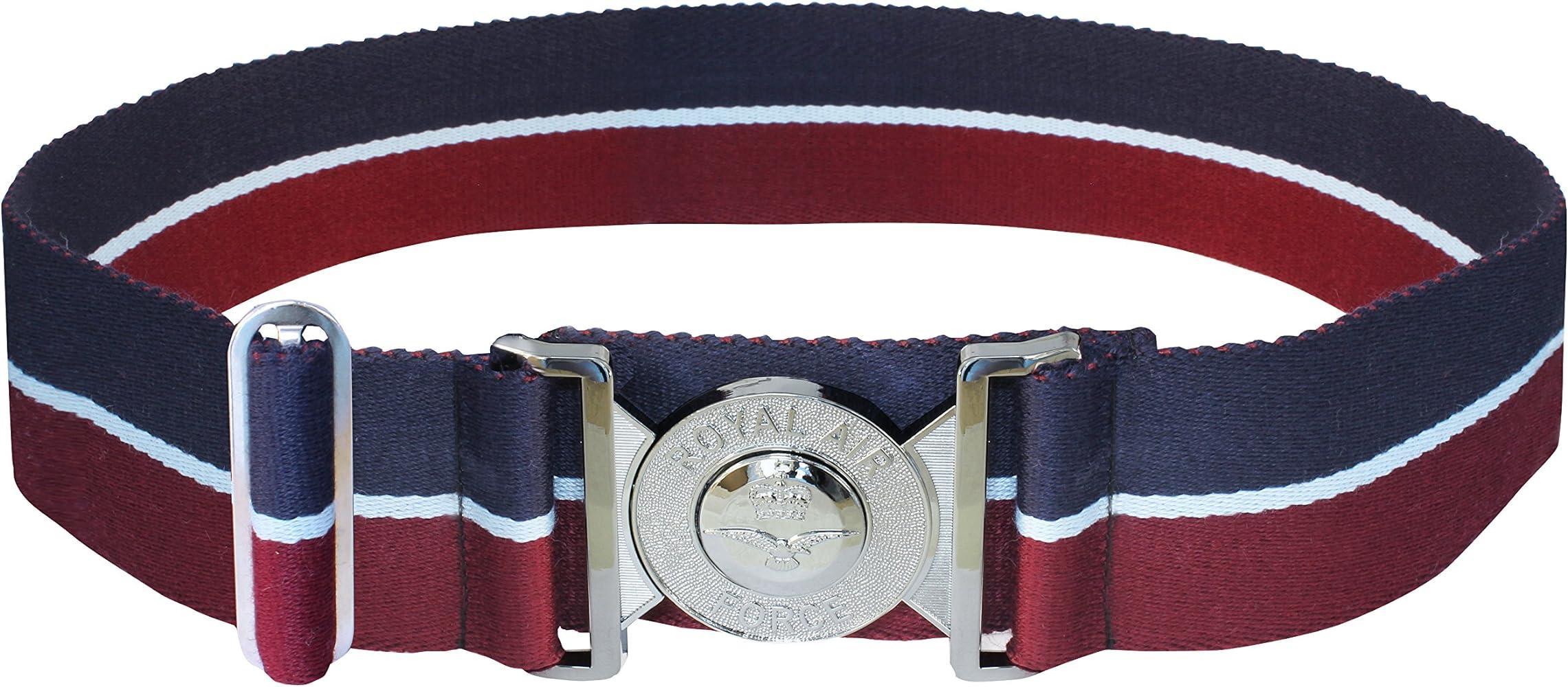
When it comes to caring for your teeth, brushing, flossing, and regular check-ups often take centre stage. But there’s a quiet champion in oral health that tends to be overlooked—water. Staying hydrated plays a surprisingly big role in keeping your teeth and gums in good nick. From rinsing away food particles to aiding saliva production, the benefits of proper hydration go far beyond quenching thirst.
How Hydration Influences Oral Health
Supports Saliva Production
Saliva is the body’s natural defence against tooth decay and gum disease. It helps to neutralise acids, wash away debris, and maintain the right balance of bacteria in the mouth.
Invisalign Chipping Norton users, in particular, benefit from healthy saliva levels, as clear aligners can sometimes lead to a drier mouth. Regular water intake helps mitigate that, keeping everything functioning smoothly.

Dehydration, even mild, can reduce saliva flow. A lack of saliva means less protection, increasing the risk of cavities and gum issues. NHS guidelines suggest drinking 6–8 glasses of water daily—make sure your mouth is getting its fair share.
Prevents Dry Mouth and Bad Breath
Dry mouth isn’t just uncomfortable—it can encourage the growth of harmful bacteria. These bacteria contribute to plaque, bad breath, and even infections.
If you’ve had dental implants Chipping Norton, maintaining optimal moisture levels in your mouth is crucial for healing and long-term implant success. Water helps to keep oral tissues hydrated, supports healing, and prevents irritation.
Carrying a refillable water bottle and sipping frequently throughout the day is a simple habit that can make a significant difference.
Helps Rinse Away Sugar and Acid
Unlike sugary drinks, water doesn’t feed cavity-causing bacteria. It helps rinse sugars, food particles, and acids off your teeth, reducing the chance of enamel erosion.
Those undergoing invisalign Chipping Norton treatment should be especially cautious with sugary or acidic drinks, as these can sit trapped under aligners and hasten decay. Water acts as a gentle cleanser, supporting cleaner teeth between brushings.
Smart Hydration Habits for Healthier Teeth
Choose Water Over Alternatives
While the occasional cup of tea or squash isn’t harmful, nothing beats water when it comes to oral care. Tap water in most areas of the UK contains fluoride, which helps strengthen enamel.
Those with dental implants Chipping Norton should avoid carbonated drinks and opt for still water to minimise the risk of irritation or implant complications.
Time It Right
Drinking water after meals and snacks helps clear away food particles and normalise pH levels. This is particularly helpful for people using invisalign Chipping Norton, as trapped debris can be a common concern.
Try rinsing your mouth with water after eating if brushing isn’t immediately possible—it’s a great stopgap solution.
Keep a Water Bottle Handy
Having water easily accessible makes it more likely that you’ll drink regularly throughout the day. Opt for a BPA-free reusable bottle to make it part of your daily routine.
This habit is not only good for your health but also for the environment—cutting down on single-use bottles and sugary drink consumption in one go.
Signs You May Be Dehydrated
Not sure if you’re drinking enough water? Look out for:
- A dry, sticky feeling in the mouth: This is often the first and most noticeable sign of dehydration. Your mouth may feel tacky or pasty, especially on the tongue or roof. It happens because your body isn’t producing enough saliva, which plays a vital role in cleaning your mouth and protecting your teeth.
- Bad breath that doesn’t improve with brushing: When there’s not enough saliva, bacteria thrive—leading to persistent bad breath. Even if you brush regularly, without adequate moisture to rinse bacteria away, odours can linger. Hydration helps keep your breath fresher between brushings.
- Cracked lips or dry skin: Your lips and surrounding skin can quickly reflect your hydration levels. Cracked or peeling lips, especially at the corners of the mouth, may indicate a lack of moisture. Staying well-hydrated helps keep the delicate skin around your mouth supple and healthy.
- Feeling thirsty often: Frequent thirst is your body’s way of signalling that it needs water. If you find yourself constantly reaching for a drink, it could be more than just habit—it may mean you’re not meeting your hydration needs, which can impact both your general and oral health.
- Tiredness or light-headedness: Even mild dehydration can cause dips in energy and concentration. You may feel dizzy or sluggish, especially during busy days. Since proper hydration also affects blood flow to the gums and oral tissues, fatigue may go hand-in-hand with oral dryness or discomfort.
These symptoms can sneak up, especially if you’re busy. Remember, your mouth is often the first place to show signs of dehydration.
What About Other Fluids?
Are Hot Drinks Okay?
In moderation, tea and coffee are fine—but be aware of their staining potential and acidity. Herbal teas are often better, especially those without added sugar.
Avoid sipping sweetened beverages throughout the day, as this prolongs the acid attack on your teeth.
Is Sparkling Water Harmful?
Some sparkling waters are mildly acidic, which may erode enamel over time. If you enjoy fizzy water, try drinking it during meals and avoid swishing it around your mouth. Still water remains the safest bet.

If you’re undergoing invisalign Chipping Norton, steer clear of flavoured sparkling waters while wearing your aligners. Their acidity can linger and affect your enamel.
Hydration Tips for Busy Days
Whether you’re at work, commuting, or running errands, it’s easy to forget to drink water. Here are a few tips to stay on track:
- Set hourly reminders on your phone
- Flavour your water naturally with mint or cucumber
- Use a tracker or hydration app
- Pair drinks with routines, like after brushing or before meals
If you’ve recently had dental implants Chipping Norton, following these hydration tips can support healing and comfort post-procedure.
Conclusion
While water may not be the first thing that comes to mind when thinking about oral health, it plays a vital role in supporting a clean, comfortable, and healthy mouth. From protecting enamel to aiding healing after dental work, proper hydration is a habit that pays off in more ways than one. At Smilo Dental Implants Group, we encourage patients to make water their go-to beverage for long-term oral wellness—it’s a small change that can make a big difference.




